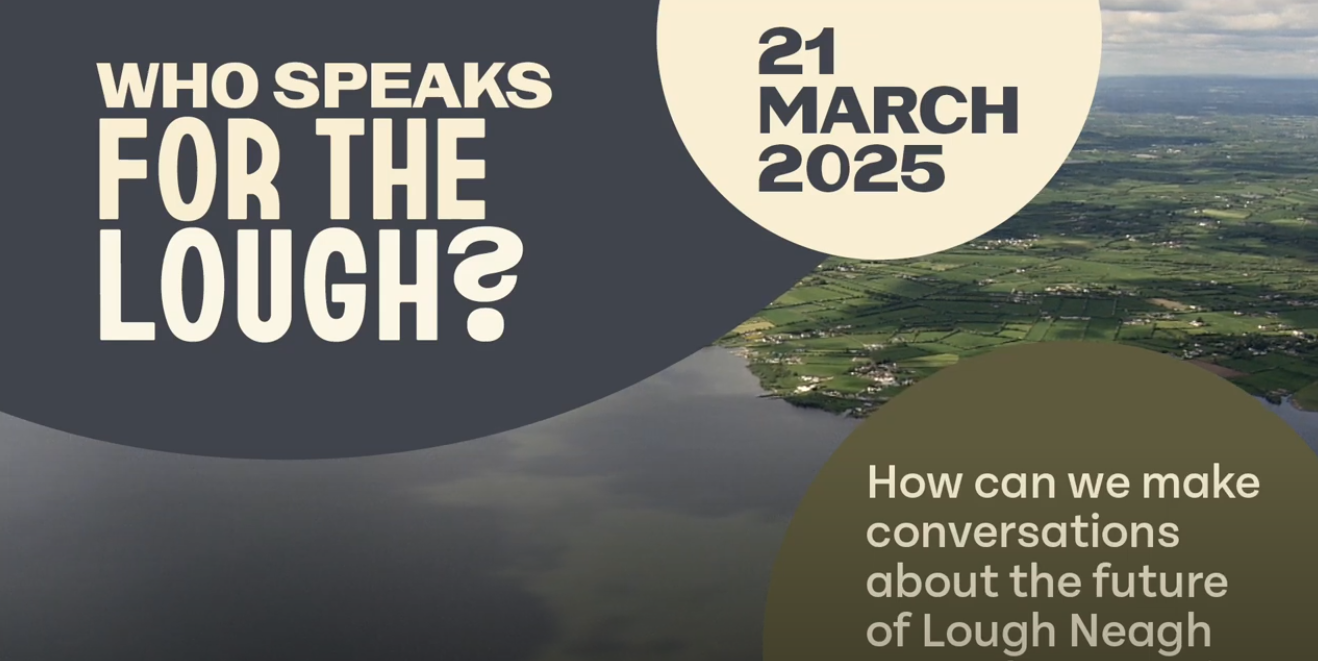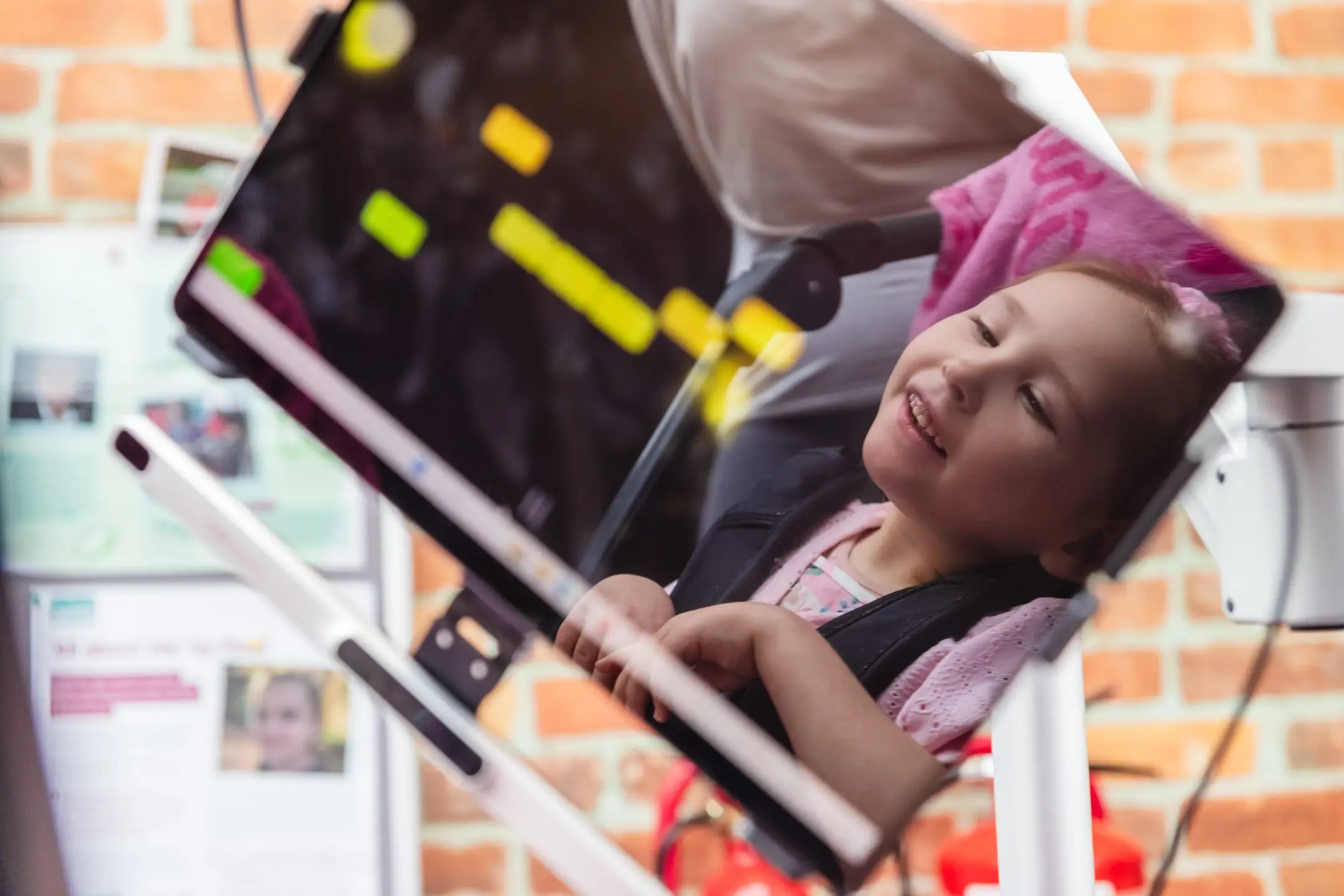Who Speaks for the Lough? A Democratic Conversation Begins on the Shores of Lough Neagh

Event Report | 21 March 2025 | Lough Neagh Discovery Centre
On Friday 21 March 2025, the All-Island Better Democracy Network hosted a landmark event at the Lough Neagh Discovery Centre, Oxford Island. Titled “Who Speaks for the Lough? How can we make conversations about the future of Lough Neagh more democratic?”, the gathering drew together local residents, environmental advocates, policy makers, and democracy practitioners to explore how participatory and deliberative approaches could help shape the future of Northern Ireland’s largest lake.
Set against the backdrop of Lough Neagh—an ecosystem under immense ecological and political pressure—the event focused on how democratic innovation might offer a path forward. Interest in the concept of a Citizens’ Assembly for Lough Neagh has been steadily growing, but key questions remain about its form, function, and legitimacy.
Exploring the Intersection of Ecology and Democracy
The event opened with a gesture of reconnection—encouraging participants to engage not just with the pressing issues facing the Lough, but also with each other and the wider web of life the Lough supports. Each participant’s name badge included the name of a native species found in or around Lough Neagh, prompting reflection on how decisions might be made with—not just about—the more-than-human world.
The discussion addressed the deepening ecological crisis facing the Lough alongside the democratic deficit in how decisions are currently made about its care and future. While commitments were made under New Decade, New Approach in 2020 to convene one citizens’ assembly annually in Northern Ireland, none have yet been held. Meanwhile, deliberative processes are gaining ground elsewhere in Ireland and across the UK.
Participants heard from a panel of respected democracy practitioners and advocates—referred to as “democracy elders”—who brought with them insights and lived experience from designing and delivering deliberative processes on environmental issues across the UK and Ireland:
- Dr Clodagh Harris (University College Cork), whose research and advisory work has influenced national Citizens’ Assemblies in Ireland, particularly on climate and biodiversity;
- Rory Crawford, a conservationist and advocate for urban nature who played a central role in the UK’s People’s Assembly for Nature;
- Susie Townend, who led the Secretariat for Scotland’s Climate Assembly, an independent deliberative process designed to bring citizen voices into climate policy.
The panel was chaired by Rebekah McCabe, founder of the All-Island Better Democracy Network and Head of Northern Ireland for Involve, a UK organisation that specialises in public participation and democratic innovation.
The All-Island Better Democracy Network
The All-Island Better Democracy Network is a growing community of individuals and organisations from across the island of Ireland, united by a shared commitment to strengthening civic voice, fostering active citizenship, and improving democratic systems. The network promotes collaboration and shared learning to help advance democratic practices that are inclusive, participatory, and fit for the challenges of the 21st century.
Its work focuses on expanding democratic knowledge and skills, supporting innovation, and providing spaces where practitioners, communities, and institutions can come together to co-create democratic solutions. More information can be found at betterdem.org.
What’s Next: From Dialogue to Direction
The event revealed both the appetite and the urgency for rethinking how decisions about Lough Neagh are made. The ecological crisis facing the Lough demands not only technical solutions but a new civic architecture—one that enables communities, experts, and affected species and generations to be heard and considered.
To build on the momentum generated by the event, a detailed report will be published in summer 2025. This forthcoming publication will provide a summary of the workshop discussions and panel insights, and will offer clear recommendations and direction for initiating a deliberative process—potentially including a Citizens’ Assembly—for Lough Neagh.
It will outline the necessary conditions, standards, and supports needed to ensure such a process is credible, inclusive, and impactful. It will also suggest concrete next steps for decision-makers, civil society, and the wider public to take forward this conversation in practical and transformative ways.
A Shared Future for the Lough
The question posed by the event—“Who speaks for the Lough?”—remains open, but its echo has begun to reverberate more widely. The answer may lie not in any single institution or voice, but in the capacity of democratic systems to evolve—becoming more participatory, more reflective, and more attuned to the ecological realities of the places they govern.
What happens next will depend on the willingness of institutions and communities to act on what was heard and imagined along the Lough’s shore that day.
For updates on the upcoming report and future events, visit betterdem.org


